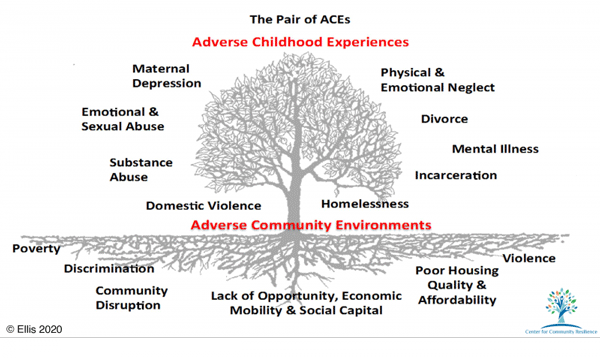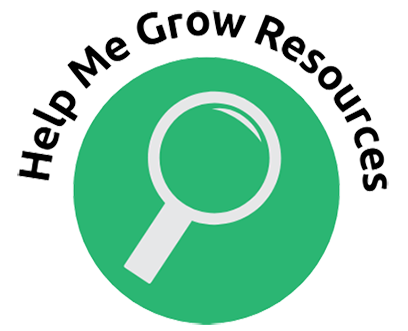Social and Emotional Development
 What are the ACEs and why are they important?
What are the ACEs and why are they important?
Adverse Childhood Experiences (ACEs) are potentially traumatic events that occur in childhood before the age of 0-17. ACEs can include abuse, neglect, and witness experiences like crime, parent conflict, mental illness, and substance abuse. These events can result in long-term negative effects on learning, behavior and health. These types of events create dangerous levels of stress that can derail healthy brain development, and increase risk for smoking, alcoholism, depression, heart disease, and dozens of other illnesses and unhealthy behaviors throughout life.

The ACE Quiz
There are 10 types of childhood trauma measured in the ACE Study. Five are personal — physical abuse, verbal abuse, sexual abuse, physical neglect, and emotional neglect. Five are related to other family members: a parent who’s an alcoholic, a mother who’s a victim of domestic violence, a family member in jail, a family member diagnosed with a mental illness, and the disappearance of a parent through divorce, death or abandonment. Each type of trauma counts as one. So a person who’s been physically abused, with one alcoholic parent, and a mother who was beaten up has an ACE score of three.
There are, of course, many other types of childhood trauma — racism, bullying, watching a sibling being abused, losing a caregiver (grandmother, mother, grandfather, etc.), homelessness, surviving and recovering from a severe accident, witnessing a father being abused by a mother, witnessing a grandmother abusing a father, involvement with the foster care system, involvement with the juvenile justice system, etc. The ACE Study included only those 10 childhood traumas because those were mentioned as most common by a group of about 300 Kaiser members; those traumas were also well studied individually in the research literature.
The most important thing to remember is that the ACE score is meant as a guideline: If you experienced other types of toxic stress over months or years, then those would likely increase your risk of health consequences.

